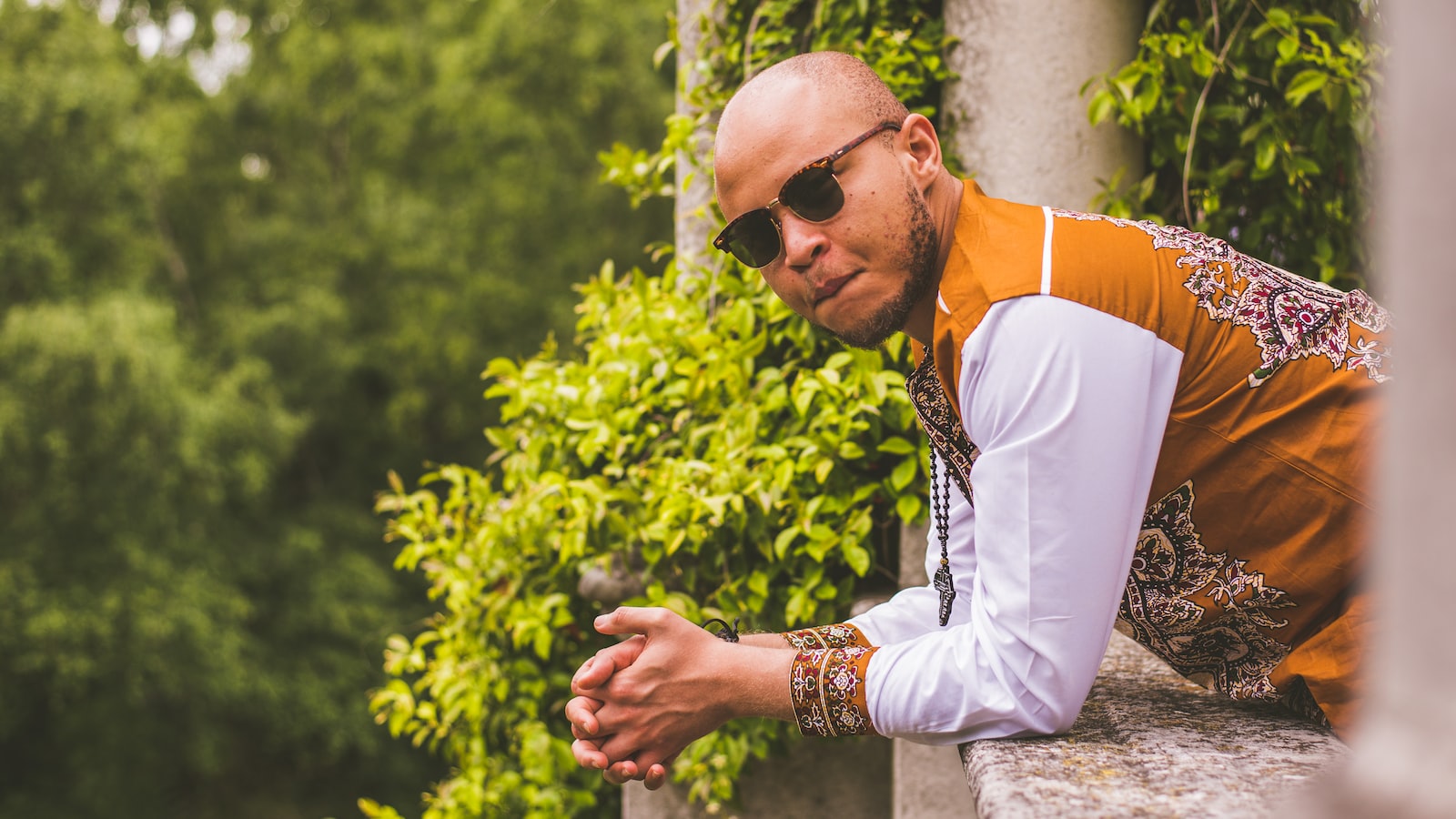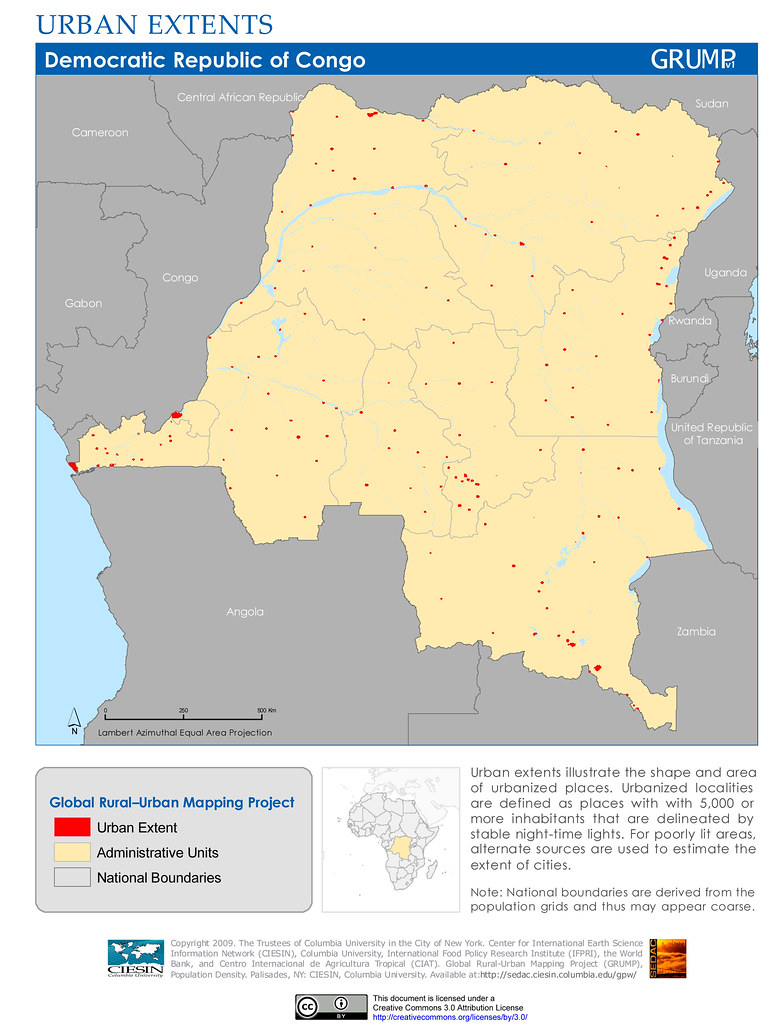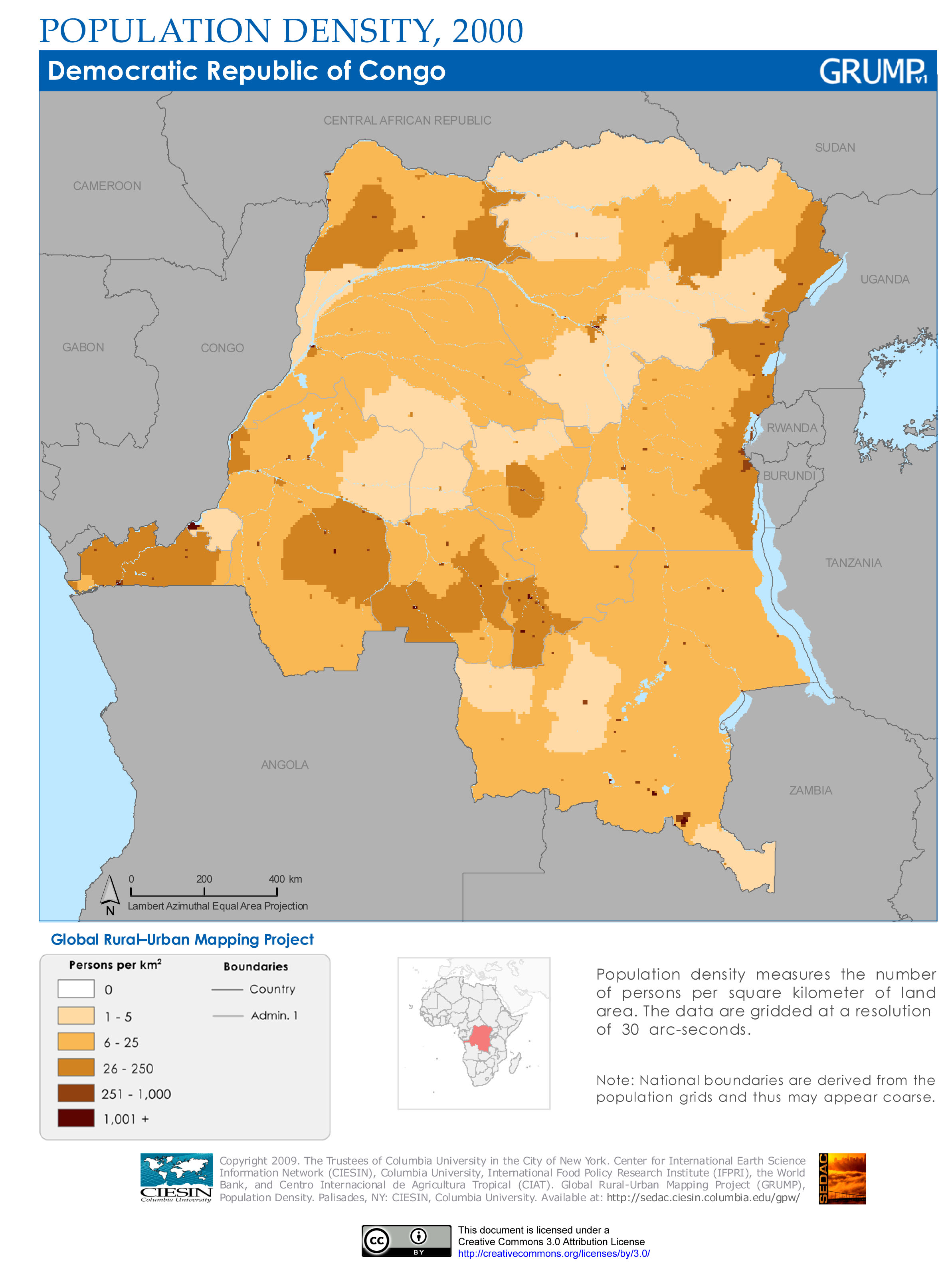In the heart of Africa, where vibrant green forests intertwine with winding rivers, lies a land rich with history and burdened by shadows of the past. Welcome to the Democratic Republic of Congo, a nation grappling with the complexities of its colonial legacy, particularly its entangled history with Belgium. Like an intricate tapestry woven through time, the intertwined destinies of these two nations have forever shaped the political, cultural, and socioeconomic fabric of the region. As we embark on a journey of exploration, let us delve into the depths of Congo’s enduring conflicts, seeking to understand the truths veiled within the remnants of Belgium’s colonial reign. This article aims to unravel the multifaceted narrative, shedding light on the hardships endured, the lingering wounds, and the ongoing efforts to confront a legacy fraught with complexities. Step into the unknown, dear reader, as we navigate the tumultuous path of Congo’s history, illuminating the shadows of the past in pursuit of a more nuanced understanding of the present.
Colonial Roots of Conflict in Congo: Unpacking Belgium’s Legacy
Exploring the intricate web of historical events that have shaped the present-day Democratic Republic of Congo (DRC), it is impossible to overlook the unsettling colonial legacy left behind by Belgium. Belgium’s colonization of the Congo, which lasted from 1908 to 1960, has played a significant role in fueling the ongoing conflicts that have plagued the region for decades.
Under King Leopold II’s brutal regime, the Congolese people faced unimaginable atrocities, as the country was pillaged for its natural resources, particularly rubber. This exploitation not only laid the groundwork for a deeply unequal society, but it also sowed the seeds of tension and deep-rooted resentment among the indigenous population. Even post-independence, the remnants of colonialism continued to permeate Congolese society, leaving scars that are still vividly visible today.
- Forced labor and cruelty inflicted during Belgian colonial rule left a legacy of trauma and mistrust among the Congolese people.
- The artificial delineation of borders by the colonial powers created ethnic divisions and territories that have been a source of conflict.
- The deliberate suppression of education and political development under Belgian rule stunted the nation’s progress towards self-governance, fostering ongoing political instability.
- The legacy of economic exploitation and resource extraction has fed corruption and created a cycle of violence over control of these valuable assets.
In order to truly understand and address the conflicts in the DRC, it is imperative to unravel and confront Belgium’s complex colonial legacy. By acknowledging the historical injustices and recognizing their lasting effects, both Belgium and the international community can contribute to healing wounds, fostering reconciliation, and working towards a more stable and prosperous Congo.

Unveiling the Complexities: Impact of Belgium’s Colonial Rule on Congo’s Present-Day Conflict
One cannot fully comprehend the intricate tapestry of present-day conflict in Congo without delving deep into its colonial past. Belgium’s rule over Congo, which lasted from 1908 to 1960, has left an indelible mark on the nation’s history, politics, and social fabric. This post aims to unveil the complexities surrounding the impact of Belgium’s colonial legacy on the ongoing conflicts in Congo, shedding light on the historical context that continues to shape the present.
The Belgian colonial rule in Congo was characterized by exploitation, brutality, and systematic oppression. Under the guise of benevolent paternalism, the Belgians ruthlessly extracted Congo’s vast natural resources, primarily rubber and minerals, leading to immense wealth for Belgium at the expense of the Congolese people. The atrocities committed during this era, such as forced labor, indiscriminate violence, and cultural subjugation, have left deep scars on Congolese society and continue to fuel underlying tensions and grievances.
In addition to the economic exploitation, Belgium’s colonial legacy also sowed the seeds of ethnic divisions and political instability that persist today. The Belgians implemented a divisive system of indirect rule, enforcing hierarchies among ethnic groups and favoring certain communities over others. This deliberate manipulation of ethnic identities has contributed to ongoing conflicts between various ethnic groups, as well as political power struggles based on ethnic affiliation. The legacy of Belgium’s colonial rule is also evident in the continued marginalization of certain regions and communities, exacerbating existing tensions and breeding fertile ground for conflict.

Addressing Belgium’s Colonial Legacy: Concrete Steps towards Healing and Reconciliation in Congo
As the world reflects on the complex history of colonialism, one nation that stands at the heart of this conversation is Congo. The relationship between Congo and Belgium is deeply intertwined with a heavy colonial legacy that continues to shape the country today. Addressing this painful past requires concrete steps towards healing and reconciliation, fostering a path towards a more harmonious future.
First and foremost, education plays a vital role in confronting Belgium’s colonial legacy in Congo. Introducing comprehensive and accurate historical education in schools is crucial. It is essential to teach the younger generation about the atrocities committed during the colonial era, the impact on Congolese society, and the resilience of the Congolese people. By doing so, we can ensure a greater understanding and empathy among future leaders, paving the way for a more just society.
- Preserving Cultural Heritage: One key step towards healing and reconciliation is preserving and promoting the rich cultural heritage of Congo. This includes supporting initiatives to protect traditional art, music, dance, and language, as well as integrating them into national education programs. By celebrating and embracing Congolese culture, the wounds of the past can gradually heal.
- Strengthening Economic Relationships: Another crucial aspect is addressing economic inequalities that stem from the colonial era. Belgium has a responsibility to invest in sustainable development projects in Congo, ensuring fair trade and fostering economic independence. This would not only contribute to healing the wounds of the past but also empower the Congolese people to shape their own future.
- Fostering Diplomatic Dialogue: Open and honest communication between Belgium and Congo is paramount in the healing process. Encouraging diplomatic dialogue at both the government and grassroots levels can help address grievances and promote understanding. Through cultural exchanges, joint initiatives, and mutual respect, Belgium and Congo can forge a stronger future alliance.
Ultimately, addressing Belgium’s complex colonial legacy in Congo requires a comprehensive approach that encompasses education, preservation of cultural heritage, economic empowerment, and diplomatic dialogue. By taking concrete steps towards healing and reconciliation, Belgium and Congo can forge a path towards a more equitable and harmonious relationship, ensuring a brighter future for generations to come.

Moving Forward: Recommendations for Belgium to Support Congo in Confronting its Colonial Past
Moving forward, it is crucial for Belgium to actively support Congo in confronting its complex colonial past. This requires acknowledging the immense harm inflicted upon the Congolese people during the colonial era and taking tangible steps towards reconciliation and healing. Here are some recommendations for Belgium to consider:
- Educational Initiatives: Belgium should prioritize funding and implementing educational programs that promote a comprehensive understanding of colonial history, including its negative impacts. This can help foster empathy, awareness, and critical thinking among both Congolese and Belgian citizens, ultimately promoting a more inclusive and nuanced dialogue.
- Compensation and Reparations: Belgium should be willing to engage in discussions regarding reparations for the historical injustices suffered by the Congolese people. This could involve financial compensation, investment in infrastructure development, or support for social initiatives aimed at addressing the lasting consequences of colonial rule.
- Cultural Exchange: Encouraging cultural exchange programs between Belgium and Congo can be a powerful way to promote understanding and respect. By facilitating opportunities for artists, scholars, and communities to engage with one another’s cultures, Belgium can help bridge the gap between the two nations and foster long-lasting connections built on mutual appreciation.
In addition, Belgium should actively involve Congolese stakeholders in the decision-making process when it comes to addressing the colonial past. This includes consulting with Congolese civil society organizations, scholars, and community leaders to ensure their voices are heard and their experiences are taken into account. By providing a platform for dialogue and collaboration, Belgium can work towards a more inclusive and equitable approach to confronting its complex colonial legacy.
Ultimately, the journey towards reconciliation will be multifaceted and challenging, but it is a necessary step in healing the wounds wrought by Belgium’s colonial history. By implementing these recommendations and continuing to engage in open dialogue, Belgium can play a significant role in supporting Congo as it confronts its past and strives for a more just and inclusive future.
Final Thoughts
As the dust settles on decades of silence, a new chapter in Congo’s tumultuous history begins to unfold. It is a story, not just of a nation reborn, but of a people reclaiming their identity in the face of a complex colonial legacy. Belgium’s shadow loomed large over this vast land, leaving scars that run deep and divisions that persist even today.
Yet, in the midst of this lingering conflict, there is a glimmer of hope. A collective awakening, borne out of the recognition that healing requires confronting the past’s dark truths head-on. The wounds inflicted by a brutal era must be acknowledged, and Belgium must take responsibility for the consequences of its colonial actions.
The journey towards reconciliation will not be an easy one. Congo struggles with the ghosts of its past, haunted by atrocities that continue to permeate through generations. Belgium, too, is grappling with the weight of its colonial past, wrestling with the uncomfortable truths it has long cast aside.
But in this complex dance of confrontation, there lies an opportunity for growth. With a commitment to truth, justice, and dialogue, Congo can forge a new path towards a future where wounds begin to heal, and unity replaces division. Belgium, too, can reexamine its role as both a perpetrator and a partner, fostering a relationship built on mutual respect, understanding, and cooperation.
It is time to shed light on the shadows that have plagued this land for far too long. Let us not forget the resilience of the Congolese people, whose unwavering spirit has endured countless tribulations. Let us not forget the sacrifices made and the lives lost in pursuit of a better tomorrow.
As we embark on this journey, voices must be amplified, and stories must be told. It is through the power of knowledge that we can dismantle the walls that divide us, creating a united front against the vestiges of a painful past. Together, we lay the foundation for a brighter future, one that embraces the lessons learned from history and charts a new course of hope and prosperity.
Congo and Belgium, entwined in a complicated embrace, have the power to redefine a narrative that has long been marred by conflict. Let this be the turning point, the catalyst for change, as these two nations confront their intertwined destinies. From the depths of darkness, a glimmer of light emerges – a symbol of resilience, reconciliation, and the triumph of humanity over the haunting echoes of a complex colonial legacy.

